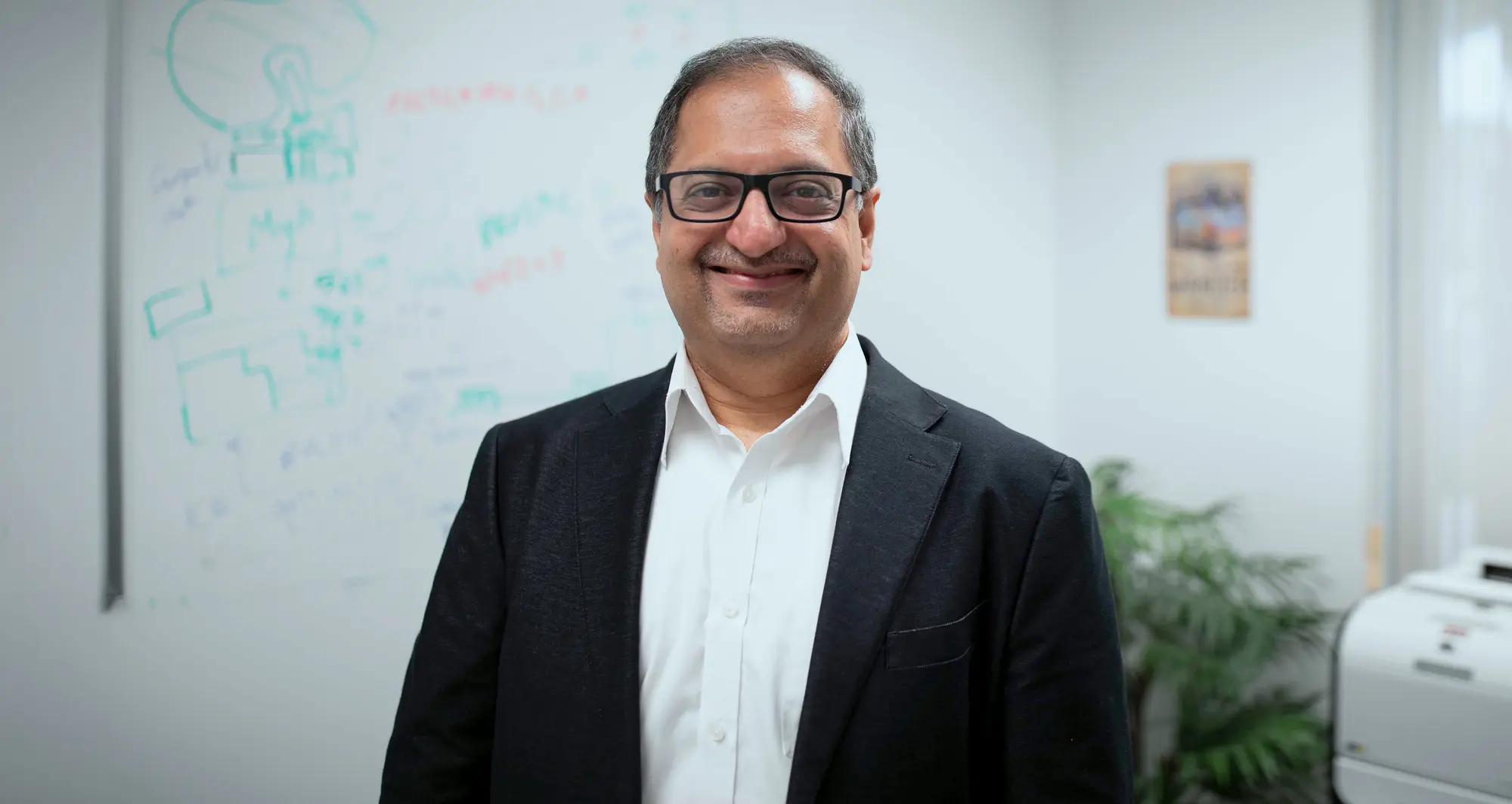The newly promoted scientist will continue studying how blood cancers sabotage stem cells’ special features to grow and spread
As of July 1, 2025, Ani Deshpande, PhD, was promoted to professor in the Cancer Genome and Epigenetics Program at Sanford Burnham Prebys.
The Deshpande lab studies developmental processes in stem cells that get hijacked by cancer, focusing specifically on acute myeloid leukemia (AML), one of the most common types of blood cancer. Several attributes of normal stem cells, including the ability to self-renew, are known to be co-opted or reactivated by cancer cells.
In addition, Deshpande collaborates within and beyond the institute on several large categories of AML research, including studying the genetics of AML, studying how the disease works in animal models and working to develop drugs that can target specific mutations associated with the disease, which are numerous.
“AML has many different subtypes, so it’s been difficult for researchers to make major advances to treat all cases of AML,” said Deshpande. “Most patients with AML are given the same treatments that have been used since the 1970s, which is why we want to look at AML from as many angles as possible.”
Deshpande joined the institute in 2015 and was promoted to associate professor in 2022. Prior to arriving at Sanford Burnham Prebys, he held positions at Memorial Sloan Kettering Cancer Center and Harvard Medical School. Recently, Deshpande and colleague Pamela Itkin-Ansari, PhD, launched The Discovery Dialogues Podcast, which explores groundbreaking discoveries in science and medicine.
“I’m deeply grateful for the incredible support of my trainees, mentors and colleagues,” said Deshpande. “And for all who made this scientific journey so meaningful and worthwhile.”
